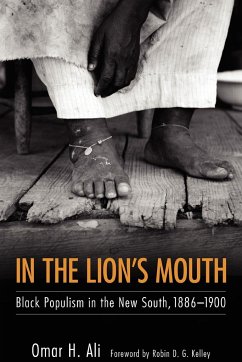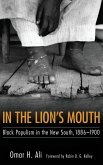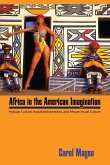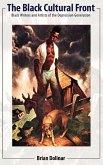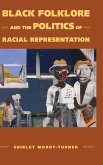A history of the independent political movement of black farmers in the late 19th century "In this insightful survey of a generation of African American political activism, Omar Ali lays to rest the common misconception that black politics in the South ended with the death of Reconstruction. He shows how, during the 1880s and 1890s, two Populist movements, black and white, mainly separate and unequal, challenged the political status quo. Anyone interested in the innovative and often bold political action undertaken by black southerners in these trying times will benefit from reading In the Lion's Mouth." --Charles Postel, author of The Populist Vision "In the Lion's Mouth breaks new ground by locating a distinctive politics of culture deeply rooted in the black radical tradition, agrarian culture, with groundings in African culture and the experience of slavery. Ali correctly resists the common tendency to either see black populists as an offshoot of white populist movement, or a failed effort at interracial organizing. Rather, he paints a compelling portrait of an independent movement. But understand that by independent, he does not mean separatist. It is an important distinction, for if we follow Ali's arguments and the evidence he marshals seriously, we can only conclude that the white Populist movement, more than any, exhibited separatist tendencies. Ali flips the script, if you will, and compels us to rethink the entire history of late 19th century Southern politics. Moreover, he insists that the real story of these different movements is not a simple matter of two separate strands of populism operating side-by-side, but conflicting ideals about fairness, equity, the construction of a democratic, caring political economy." --Robin D.G. Kelley, author of Hammer and Hoe: Alabama Communists During the Great Depression "[Omar Ali] is able--through a combination of original research and synthesis of previous studies--to reframe very effectively our understanding of the genesis, expansion, and historical significance of black Populism. In particular, he reveals the central role that black Populism played in providing impetus and force to the Populist movement in the South. His book stands as an important contribution to the literature in the field." --American Historical Review "There is good history, and there is great history that is both well written and groundbreaking. Omar H. Ali's new work on populism is great history." --The Historian Following the collapse of Reconstruction in 1877, African Americans organized a movement in the South for economic and political reform: Black Populism. Between 1886 and 1900, tens of thousands of black farmers, sharecroppers, and agrarian workers created their own organizations and tactics primarily under black leadership. Growing out of the networks established by black churches and fraternal organizations, Black Populism found further expression in the Colored Agricultural Wheels, the southern branch of the Knights of Labor, the Cooperative Workers of America, the Farmers Union, and the Colored Farmers' Alliance. In the early 1890s African Americans, together with their white counterparts, launched the People's Party and ran fusion campaigns with the Republican Party. By the turn of the century, Black Populism was crushed by relentless attack, hostile propaganda, and targeted assassinations of leaders and foot soldiers of the movement. The movement's legacy remains, though, as the largest independent black political movement until the rise of the modern civil rights movement. Omar H. Ali is Associate Professor of African American History at the University of North Carolina, Greensboro. A graduate of the London School of Economics and Political Science, he received his Ph.D. in History from Columbia University and is the author of In the Balance of Power: Independent Black Politics and Third Party Movements in the United States.
Hinweis: Dieser Artikel kann nur an eine deutsche Lieferadresse ausgeliefert werden.
Hinweis: Dieser Artikel kann nur an eine deutsche Lieferadresse ausgeliefert werden.

